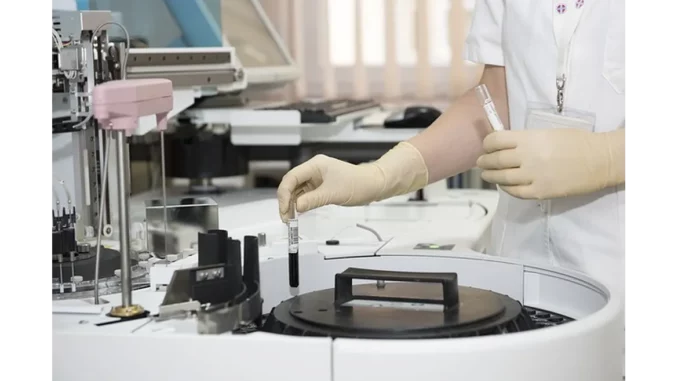
The National Medical Commission (NMC) has embarked on a pivotal initiative aimed at bolstering the quality of medical education throughout India. By enlisting the expertise of Postgraduate (PG) guides for the inspection of medical colleges, the NMC seeks to ensure that educational standards are not only maintained but also continuously improved. This endeavour is especially significant in the context of the rapid proliferation of medical institutions and the burgeoning need for skilled healthcare professionals.
On 5 December 2024, the NMC issued a notification inviting eligible faculty members from government medical colleges to express their interest in serving as PG guides for these inspections. This process requires interested faculty to complete a Google Form, thereby formally expressing their willingness to contribute to the assessment of medical colleges. This initiative is part of a larger strategy by the Medical Assessment and Rating Board (MARB), which operates under the auspices of the NMC Act of 2019, to enhance the quality and accountability of medical education in India.
PG guides, being experienced faculty members, play a crucial role in these inspections. Their involvement is essential for several reasons. First and foremost, PG guides possess a deep reservoir of knowledge and practical experience in educational methodologies and clinical training, both of which are vital for cultivating competent medical professionals. Their participation ensures that the evaluation process is not only thorough and unbiased but also anchored in academic excellence. The inspections, set to begin soon for the 2025-26 academic year, encompass both undergraduate and postgraduate programmes. Far from being merely procedural, these evaluations are integral to identifying areas for improvement, ensuring compliance with regulatory standards, and fostering an ethos of continuous enhancement in medical education.
A noteworthy feature of this initiative is the inclusion of surprise inspections. By conducting unannounced visits, the NMC aims to obtain an authentic snapshot of the daily operations and educational practices within medical colleges. This approach is instrumental in uncovering discrepancies that might remain hidden during scheduled inspections, thereby ensuring that institutions consistently uphold high standards. Surprise inspections also act as a deterrent against complacency, encouraging colleges to adhere to regulatory requirements at all times. For the faculty members participating as assessors, this presents a unique opportunity to influence the educational landscape positively by upholding quality standards.
The implications of involving PG guides in college inspections are profound. This step represents a move towards a more resilient and accountable system of medical education in India. By drawing on the expertise of seasoned faculty members, the NMC reiterates its commitment to producing proficient healthcare professionals capable of meeting the demands of contemporary medicine. Moreover, this initiative highlights the importance of maintaining transparency and accountability within educational institutions. It sends a resounding message that the quality of medical education is a priority and that continuous improvement is imperative to meet the evolving needs of society.
The NMC’s invitation to PG guides to participate in the inspection of medical colleges is a laudable effort to uphold and elevate the standards of medical education across India. By engaging experienced faculty members in this critical process, the NMC is ensuring that medical colleges remain centres of excellence and that the healthcare professionals they nurture are well-prepared to serve the nation. As the inspections commence, the insights and recommendations from PG guides are poised to play a significant role in shaping the future of medical education in the country, ensuring it meets both current challenges and future needs.


Be the first to comment